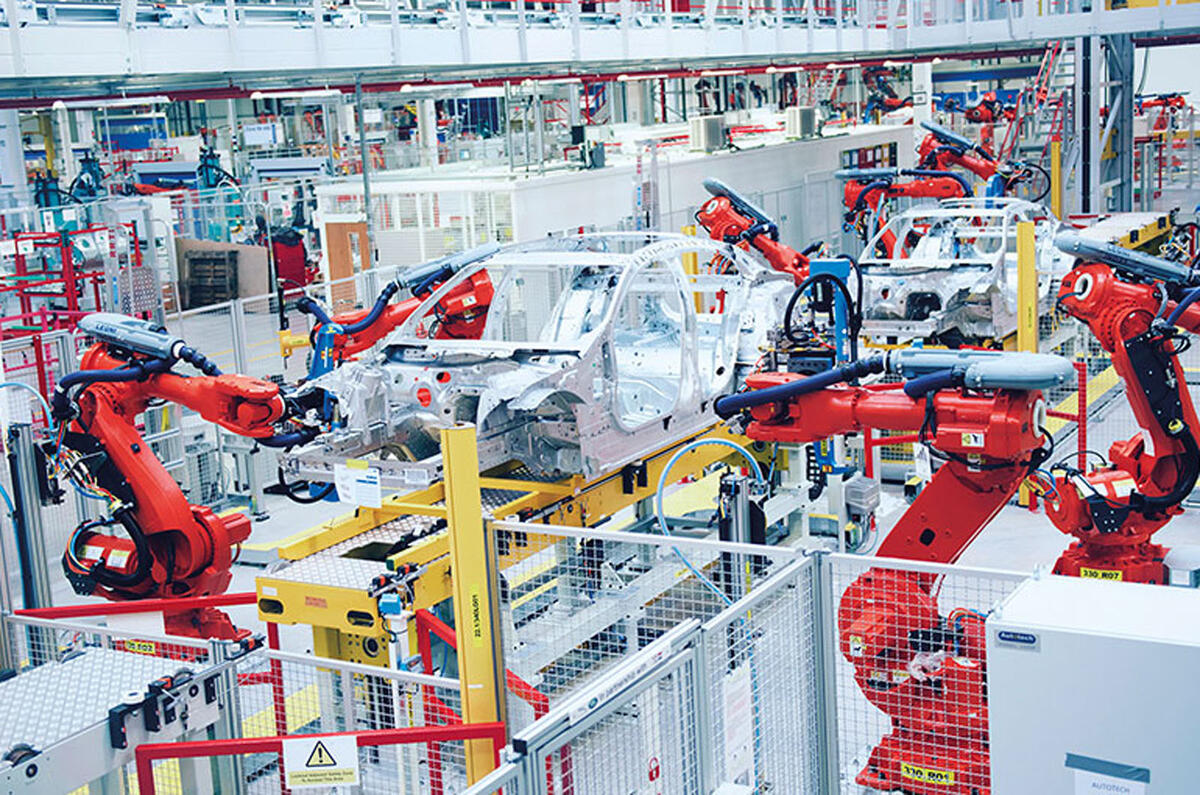Last year was the worst for UK car production since 1956, with output throttled by ongoing global supply-chain issues and the recent closure of two of the country’s largest plants.
A total of 775,014 cars left UK factories in 2022, down 9.8% on 2021 but – more starkly and significantly – a huge 40.8% down on pre-pandemic 2019, when more than 1.3 million cars were built.




Add your comment